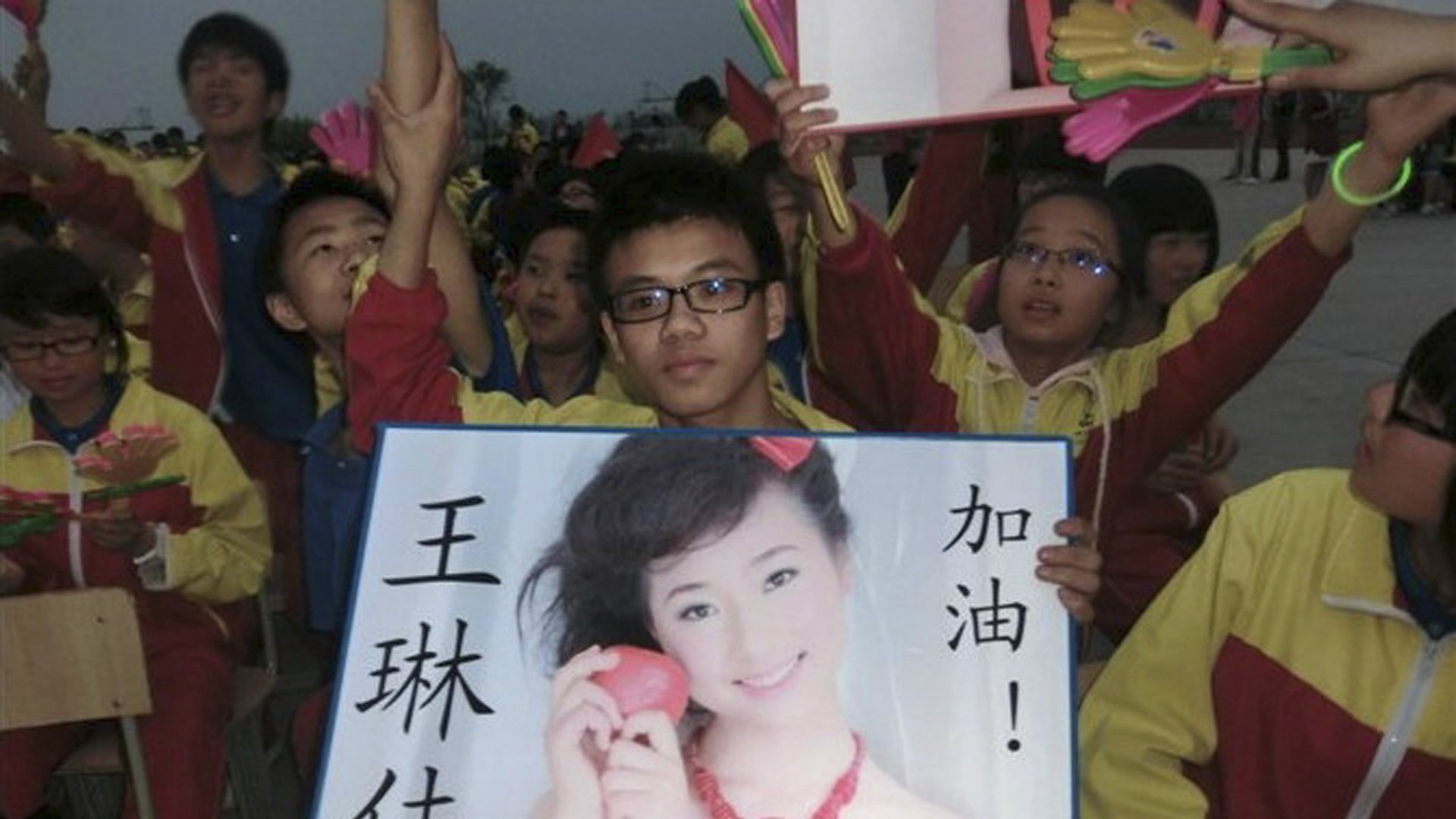China is using the Asiana plane crash to crack down on rip-off overseas student tours
In the wake of the deaths of three Chinese teenagers in a plane crash in San Francisco two weeks ago, the city of Beijing has suspended for-profit overseas study tours—many of which charge students thousands of dollars for bare-bone “education” trips that involve a cursory stroll around a US university campus, plus a shopping trip.


In the wake of the deaths of three Chinese teenagers in a plane crash in San Francisco two weeks ago, the city of Beijing has suspended for-profit overseas study tours—many of which charge students thousands of dollars for bare-bone “education” trips that involve a cursory stroll around a US university campus, plus a shopping trip.
Beijing municipal authorities also laid out a framework for future trips, including strict requirements that schools seek approval from district education authorities six months in advance, and requiring school principals to lead trips and take responsibility for rule violations. Shanxi and Zhejiang provinces, where students involved in the plane crash attended schools, issued similar suspensions and rules, pledging an investigation into local study tour arrangements.
Foreign education, particularly in the US, has become somewhat of a holy grail among ambitious Chinese parents. Many are willing to pay extraordinary sums of money to enroll their (only) child in a US institution, or at least give them a summer experience to expose them to western, English-speaking culture and persuade potential employers of their international credentials.
But this drive has spawned a large industry eager to cash in. China’s national media has embarked on an aggressive campaign since the Asiana crash, slamming schools for expensive, low-quality programs. But many trips are organized and run by third-party companies, including Zhejiang Boyue International Communication Consulting Company, which had students on the Asiana flight but did not have the qualifications to organize a summer camp.
Supporters of reform are under no illusions: regulating or banning third parties won’t make air travel any safer, nor will it bring back the Chinese teenagers who died in San Francisco. But at least the tragedy might keep a few eager Chinese students from getting ripped off.